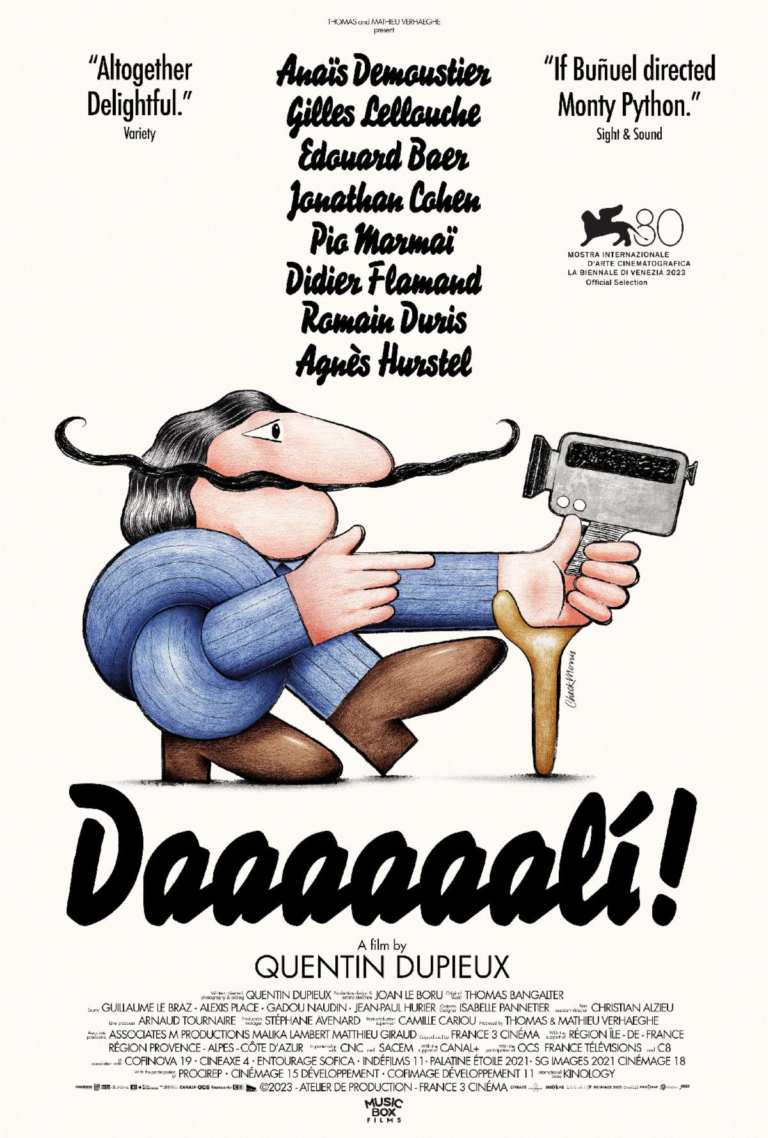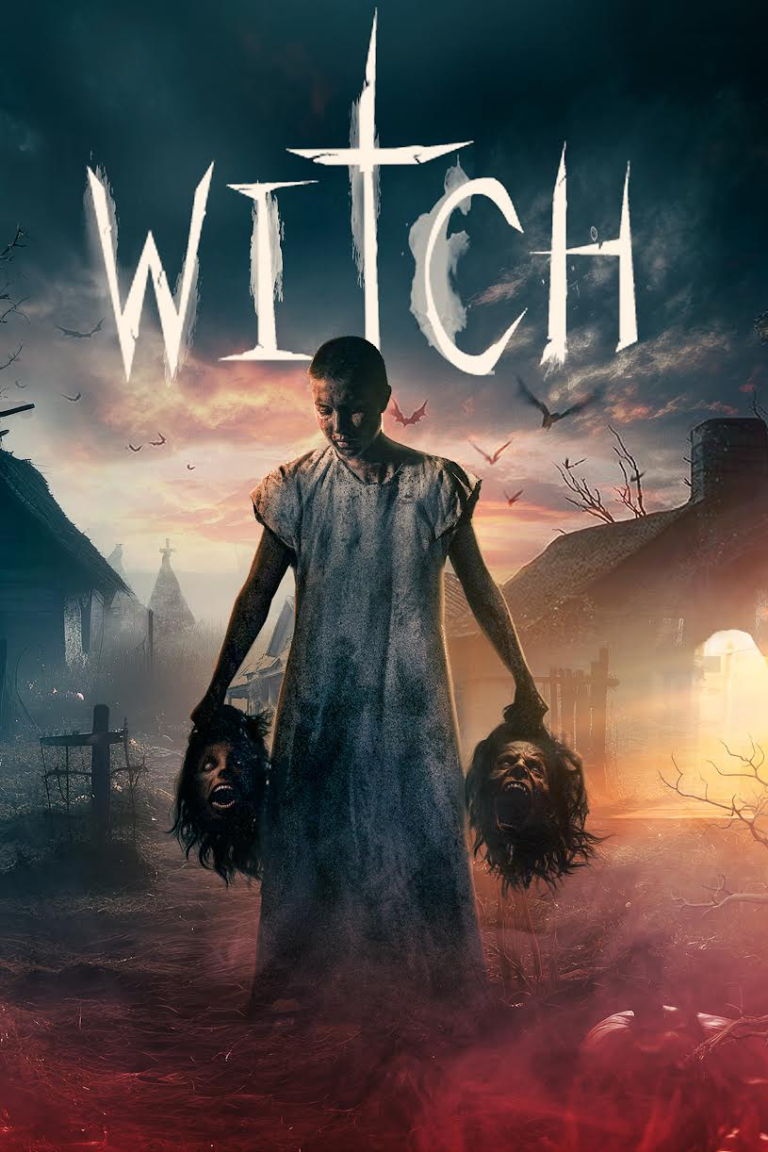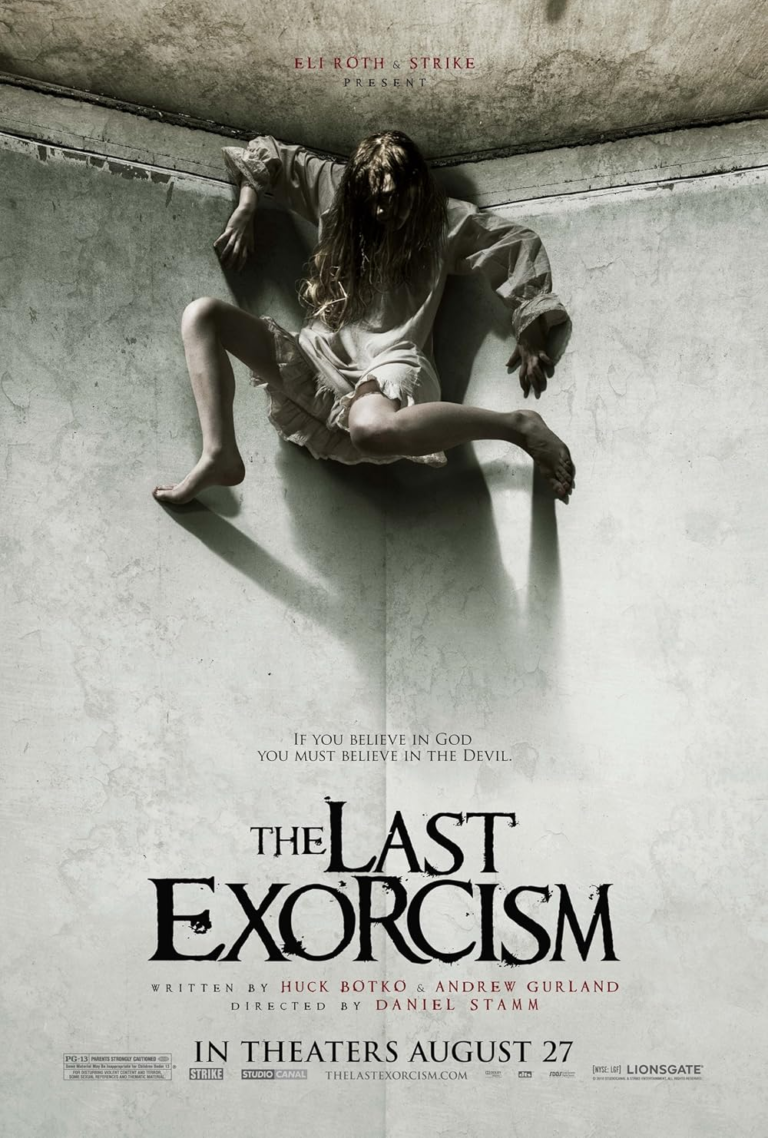Sujo Christian Review

Every so often, a film comes along that lingers. Not like a cheerful aftertaste, but like a faint echo you can’t quite shake. Sujo is one of those films. It doesn’t leap off the screen with dazzling visuals or bombastic storytelling. Instead, it creeps in, quietly staking its claim on your thoughts and emotions long after you’ve walked away.
Directed by Fernanda Valadez and Astrid Rondero, this lyrical yet gritty coming-of-age drama spins its tale in the shadow of cartel violence. It’s not loud or flashy; it doesn’t try to charm or manipulate. Instead, it moves with deliberate slowness, like a whispered prayer or a warning carried on the wind.
This isn’t just a movie—it’s a lament, a hymn, and a hard question rolled into one. For Christians, Sujo resonates on a deeper level, not because it preaches but because it mirrors so much of what we know about life in a broken world.
The Fragile Thread of Growing Up
Let’s start with the boy. He’s nameless here because, in a way, he could be anyone. Any child trying to navigate a world too big, too cruel, and too complicated to make sense of. Valadez and Rondero don’t just tell his story; they let us feel it.
There’s no sugarcoating in Sujo. Childhood, often romanticized in Hollywood, is stripped bare here. It’s messy, painful, and uncertain, especially when it unfolds against the backdrop of cartel-dominated Mexico. This isn’t the picturesque Mexico of travel brochures; this is the other side—the side that whispers of danger and survival.
The boy’s journey feels biblical in its weight. You see him struggle, stumble, and grow in a way that echoes the trials of young David or Joseph. But instead of a giant or brothers to face, his adversaries are the creeping shadows of violence and fear.
Shadows in Every Corner
Cartel violence looms large in Sujo, but it’s not the kind of violence you might expect. It’s not stylized or glorified. There are no gun battles choreographed to pop songs or larger-than-life villains chewing the scenery. The violence here is quieter, more insidious. It’s the kind that exists in the periphery, in hushed conversations and cautious glances.
For Christians, this depiction feels almost parabolic. The cartel becomes a stand-in for sin—an ever-present, corrupting force that seeps into every crevice of life. You can’t always see it, but you feel its weight. Its presence is undeniable, shaping the choices and lives of everyone in its orbit.
Beauty in Brokenness
Now, here’s where Sujo gets interesting. For all its grit, the film is stunningly lyrical. Valadez and Rondero have a way of crafting moments that feel almost otherworldly. A lingering shot of the landscape, a quiet moment of reflection, a dreamlike sequence that blurs the line between reality and imagination—all of these elements create a sense of beauty amidst the brokenness.
It’s a paradox that Christians know well. The idea that grace can exist in even the darkest places, that God’s presence can be found in the most unexpected corners, is at the heart of our faith. Sujo captures this tension beautifully. It doesn’t shy away from the ugliness of life, but it also refuses to let that ugliness have the final word.
A Deliberate Pace
Let’s be honest—Sujo isn’t an easy watch. Its pacing is slow, its themes heavy, and its storytelling unconventional. This isn’t a film that holds your hand or gives you neat resolutions. Instead, it invites you to sit with its discomfort, to wrestle with its questions.
For some viewers, this might be frustrating. We’re used to movies that entertain, that distract us from the realities of life. Sujo does the opposite. It pulls you into its world and asks you to stay there, even when it’s uncomfortable.
For Christians, this feels a lot like life itself. Faith isn’t always neat or easy. It’s messy, complicated, and often requires us to wrestle with uncomfortable truths. Sujo captures this messiness in a way that feels profoundly honest.
Performances That Speak Volumes
The acting in Sujo is remarkable in its subtlety. The boy at the center of the story delivers a performance that is both raw and restrained. He doesn’t need grand monologues or dramatic gestures to convey his emotions. A glance, a hesitation, a fleeting smile—these small moments speak volumes.
For Christians, his journey feels deeply relatable. His struggle to hold onto hope in the face of despair mirrors the challenge of maintaining faith in a broken world. It’s a quiet kind of defiance, a refusal to let the darkness win.
Hope Amidst the Dread
Here’s the thing about Sujo: it’s not all doom and gloom. Yes, the film is heavy, but it’s not without hope. There’s an undertow of redemption that runs through the story, subtle but persistent.
For Christians, this is where the film shines brightest. It doesn’t offer easy answers or a tidy ending, but it leaves room for hope—a reminder that, even in the darkest places, light can break through.
A Masterful, Flawed Gem
Is Sujo perfect? No. It doesn’t quite reach the heights of Valadez and Rondero’s earlier work, Identifying Features. The narrative occasionally falters, and the dreamlike sequences, while beautiful, can feel disjointed. But even with its flaws, Sujo is a film of remarkable depth and beauty.
For Christians, it’s a story worth engaging with—not because it provides answers, but because it asks the right questions. It challenges us to confront the brokenness of the world while reminding us that hope is never out of reach.
Final Reflection
Sujo is more than a movie. It’s an experience, a challenge, an invitation to reflect. It doesn’t entertain in the traditional sense, but it enriches in a way that few films do.
For Christian viewers, it’s a reminder of the resilience of the human spirit and the enduring power of hope. It’s a story of grace found in unexpected places, of light breaking through the cracks.
Rating: 8.5/10
If you’re looking for a film that will make you think, feel, and wrestle with life’s big questions, Sujo is well worth your time. It’s not easy, but it’s deeply rewarding—a testament to the power of storytelling to illuminate the human condition and, perhaps, point us toward something greater.





